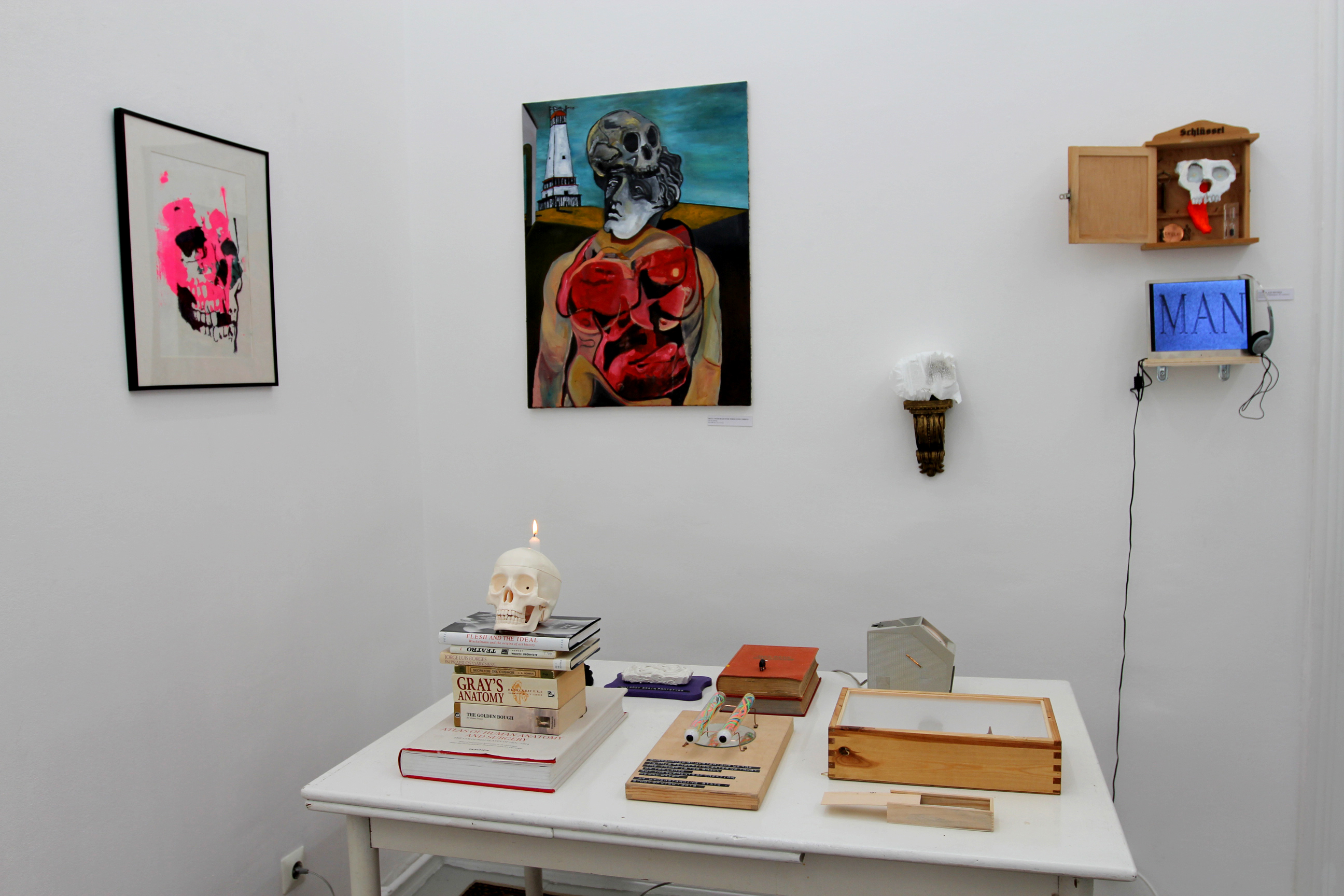
We think (or we think we think)
What Makes Us Humans? Vol. 1: Facts That Differentiate Humans From Animals
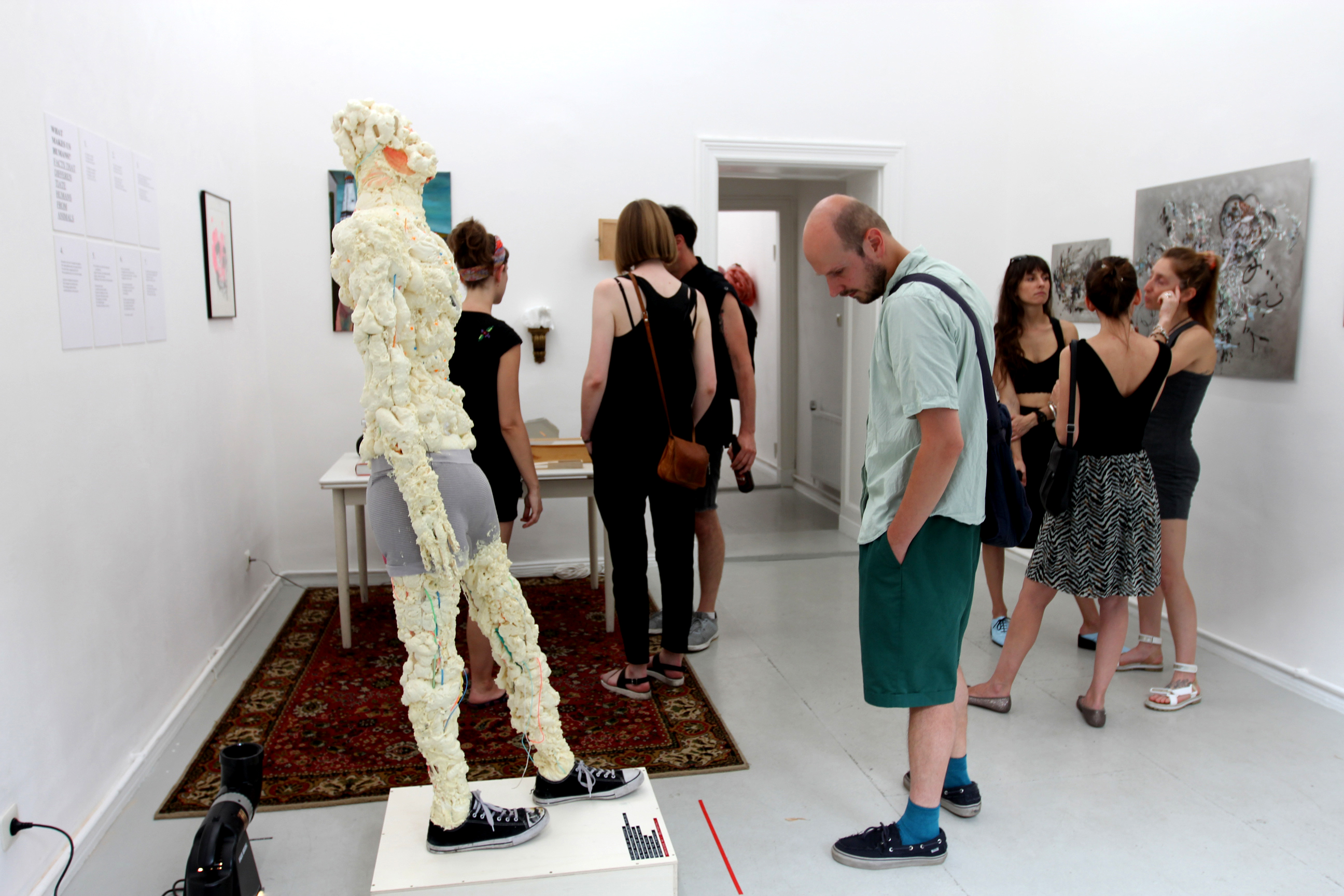
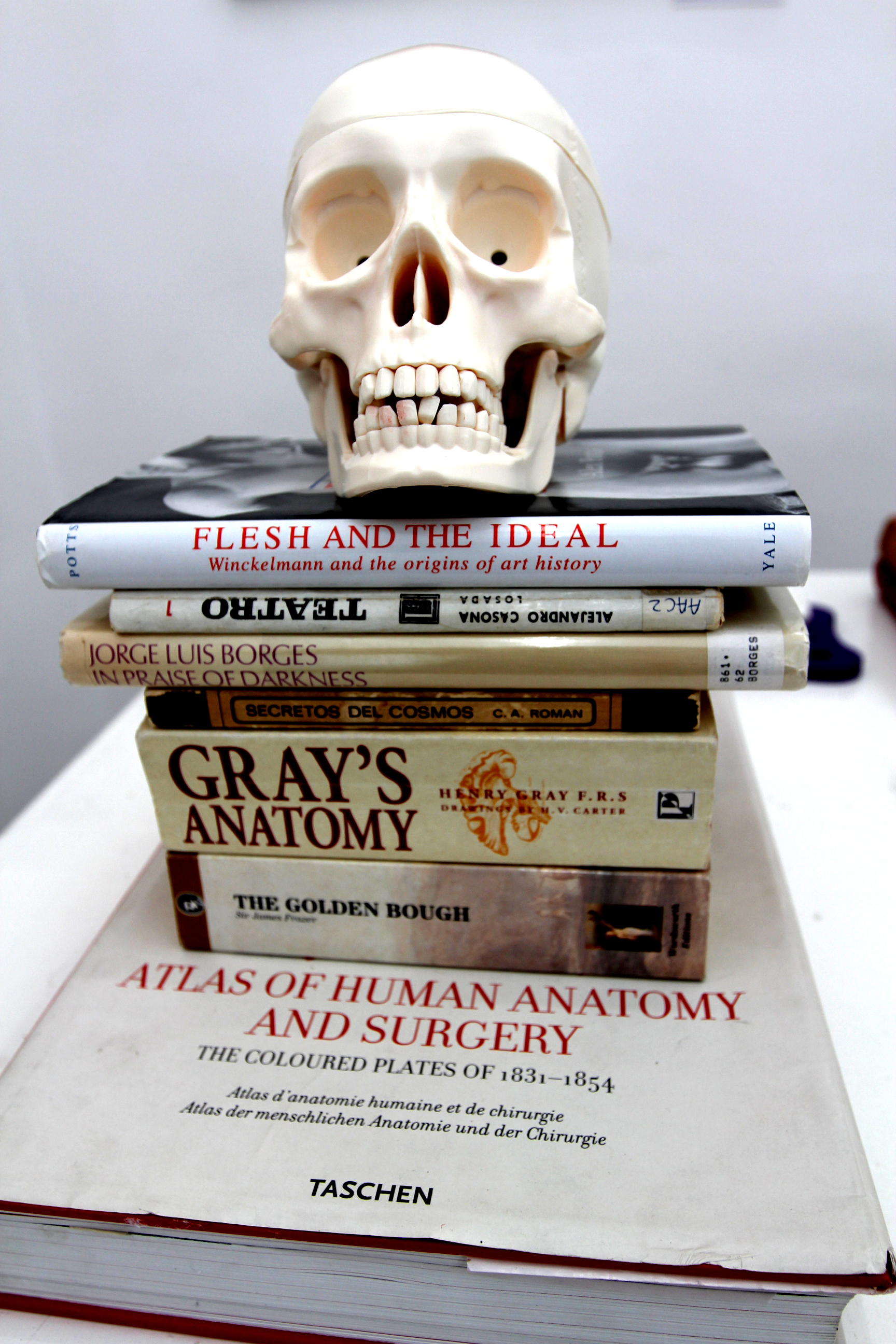
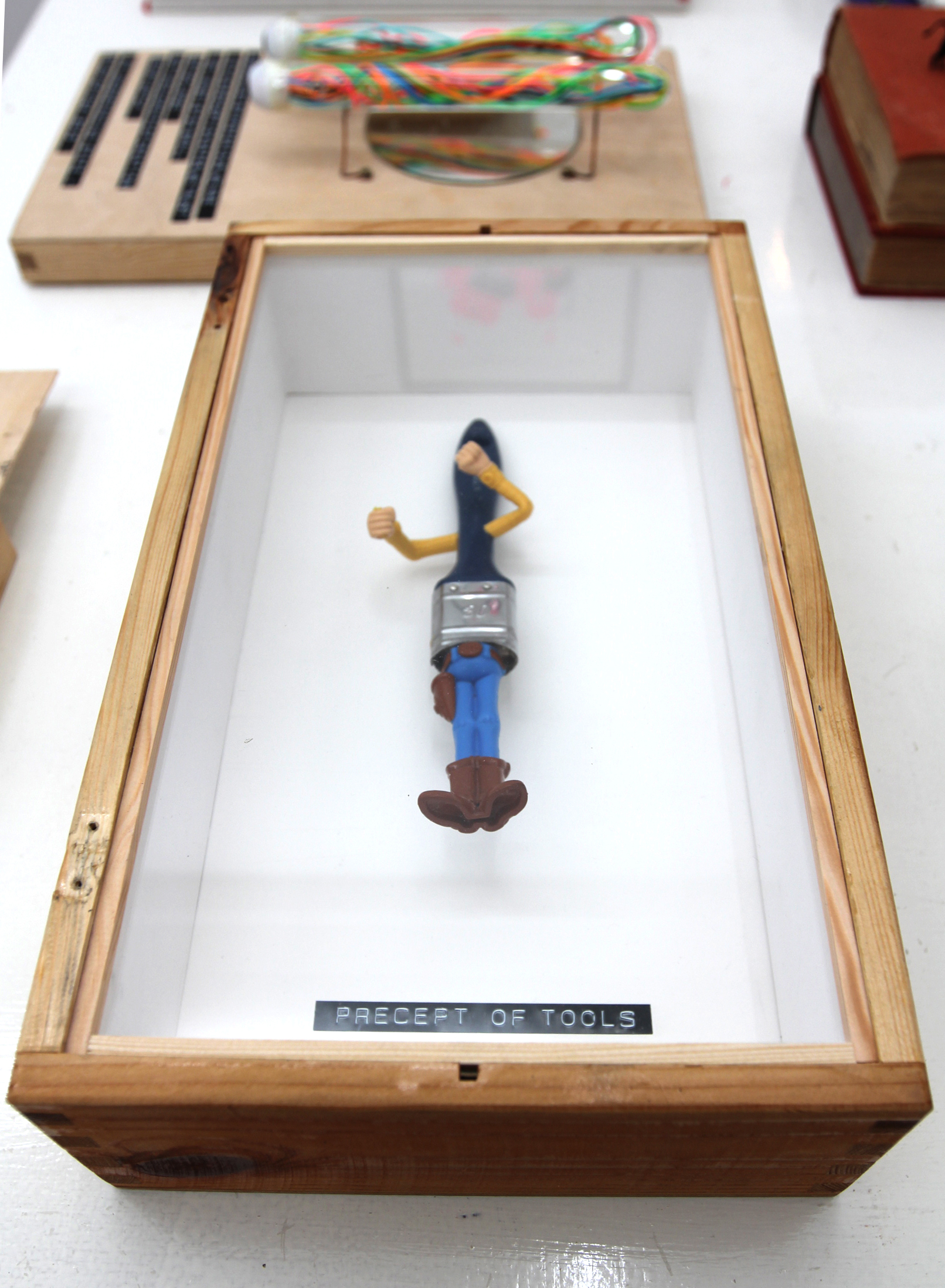
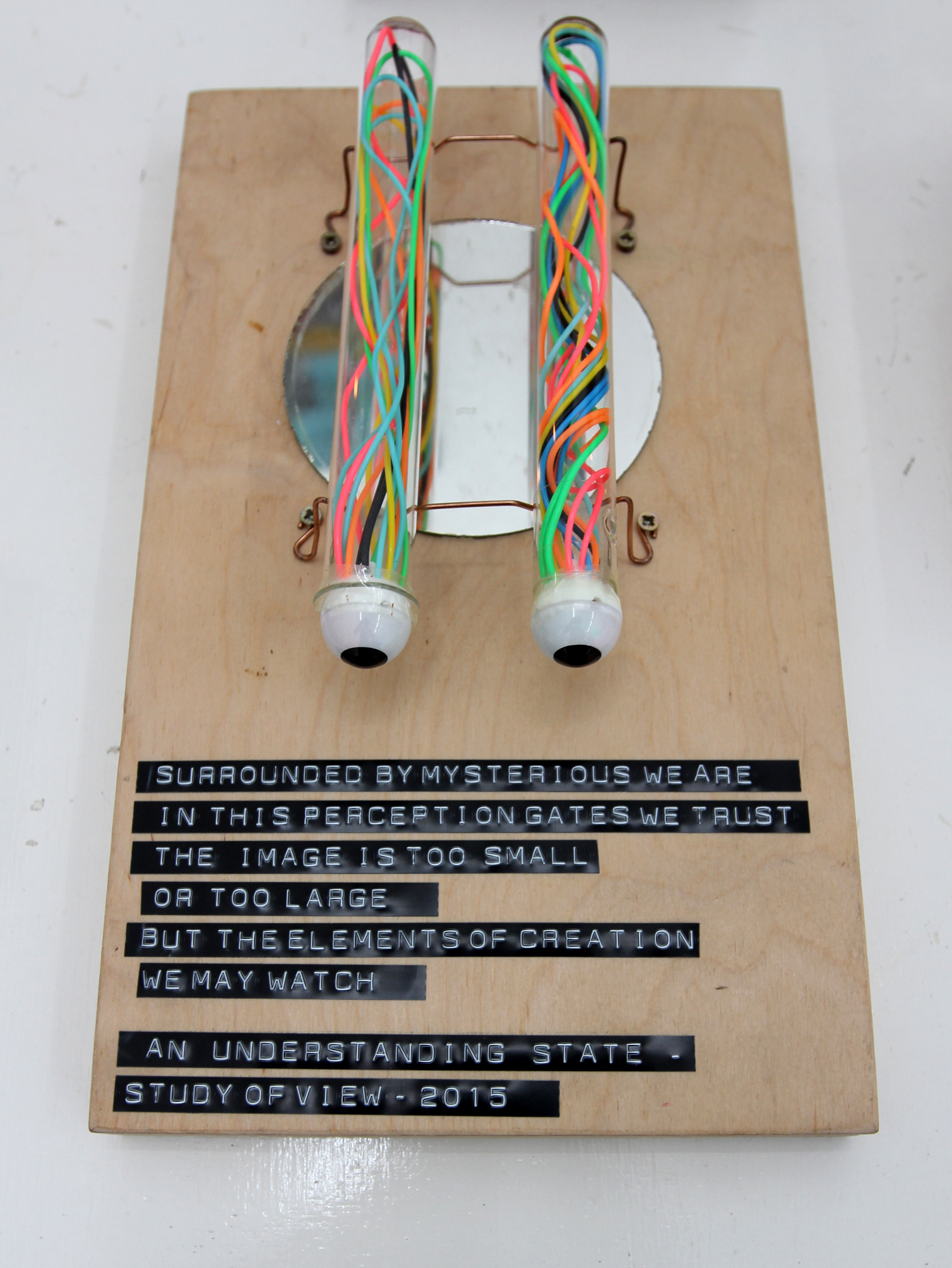
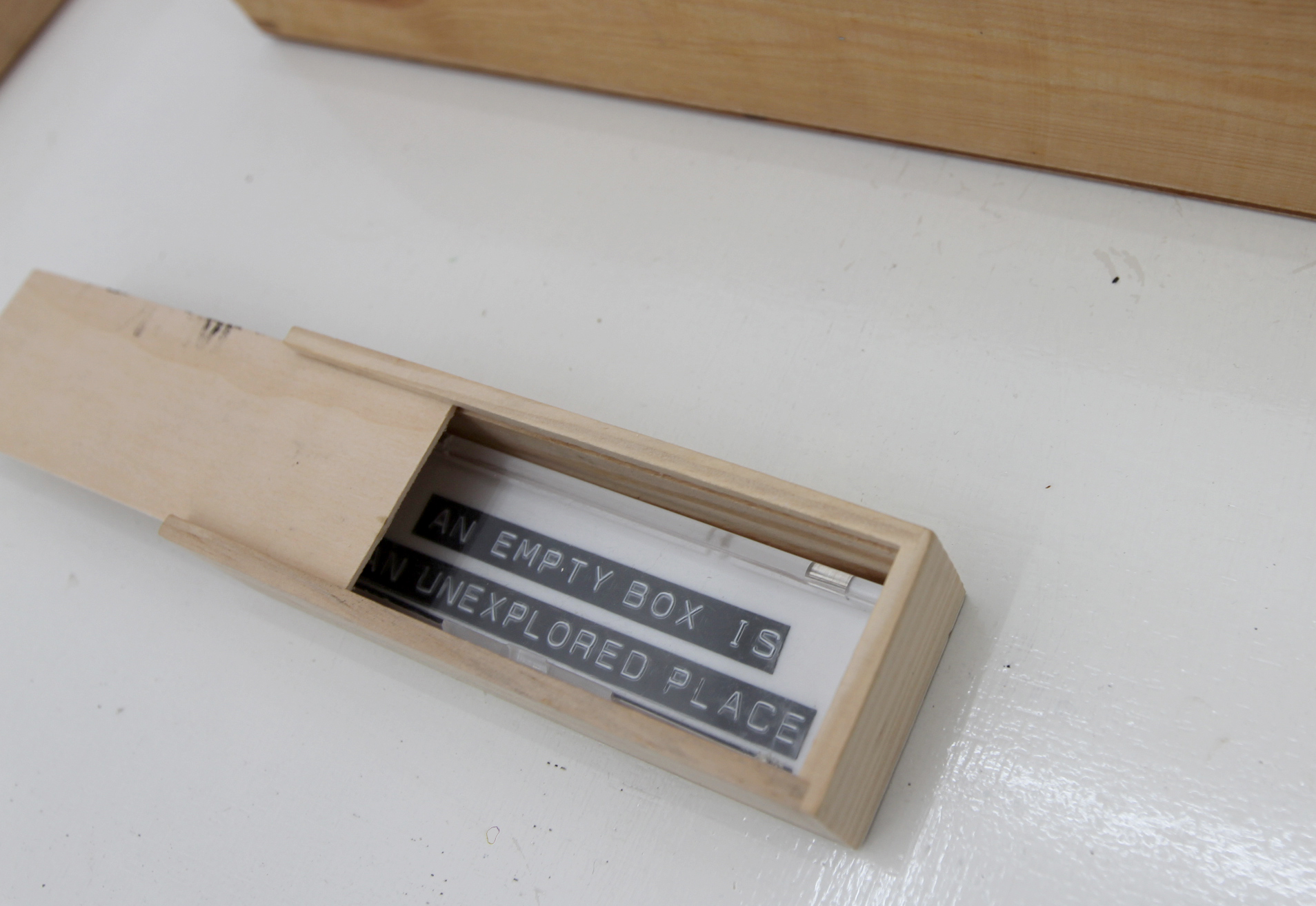
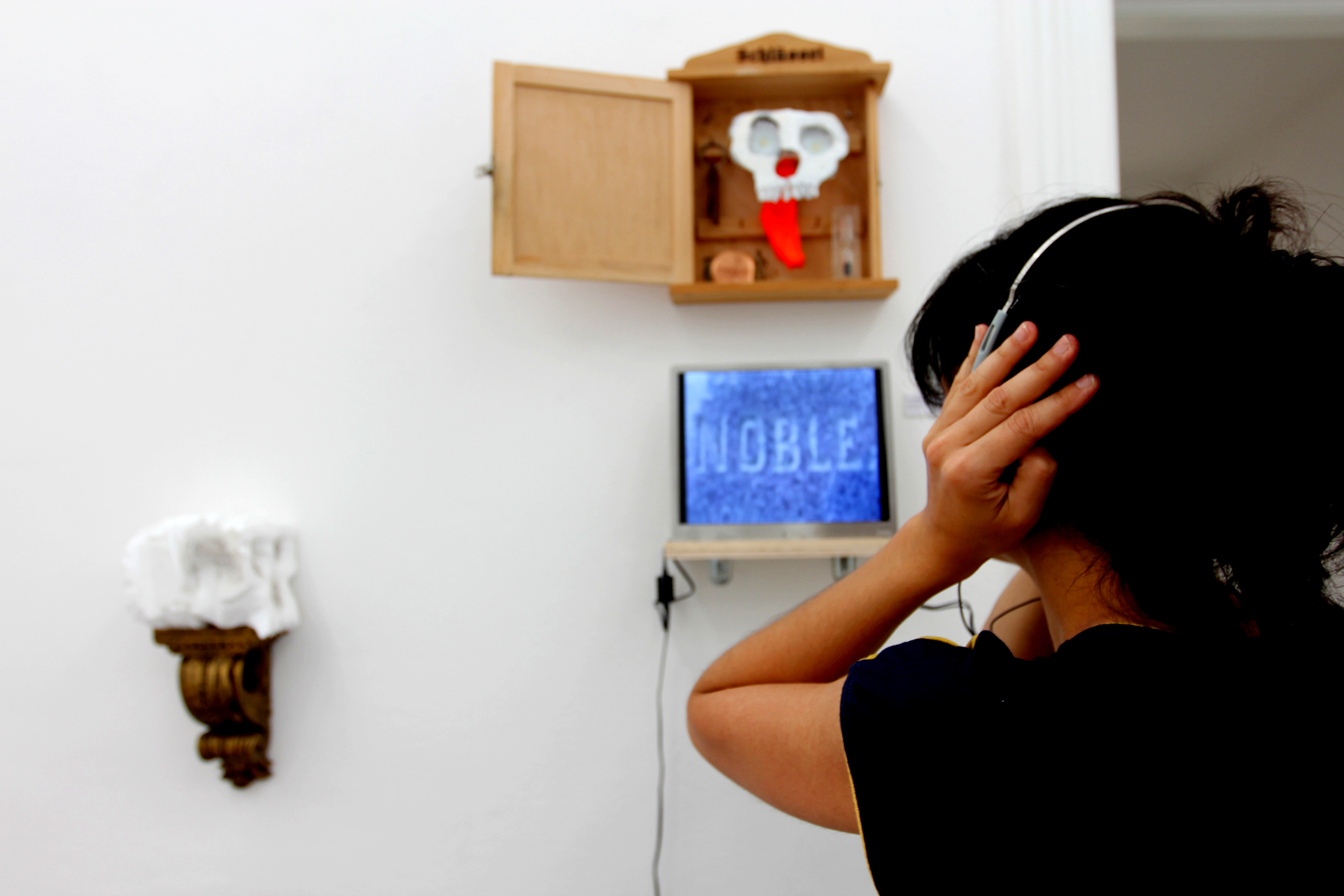
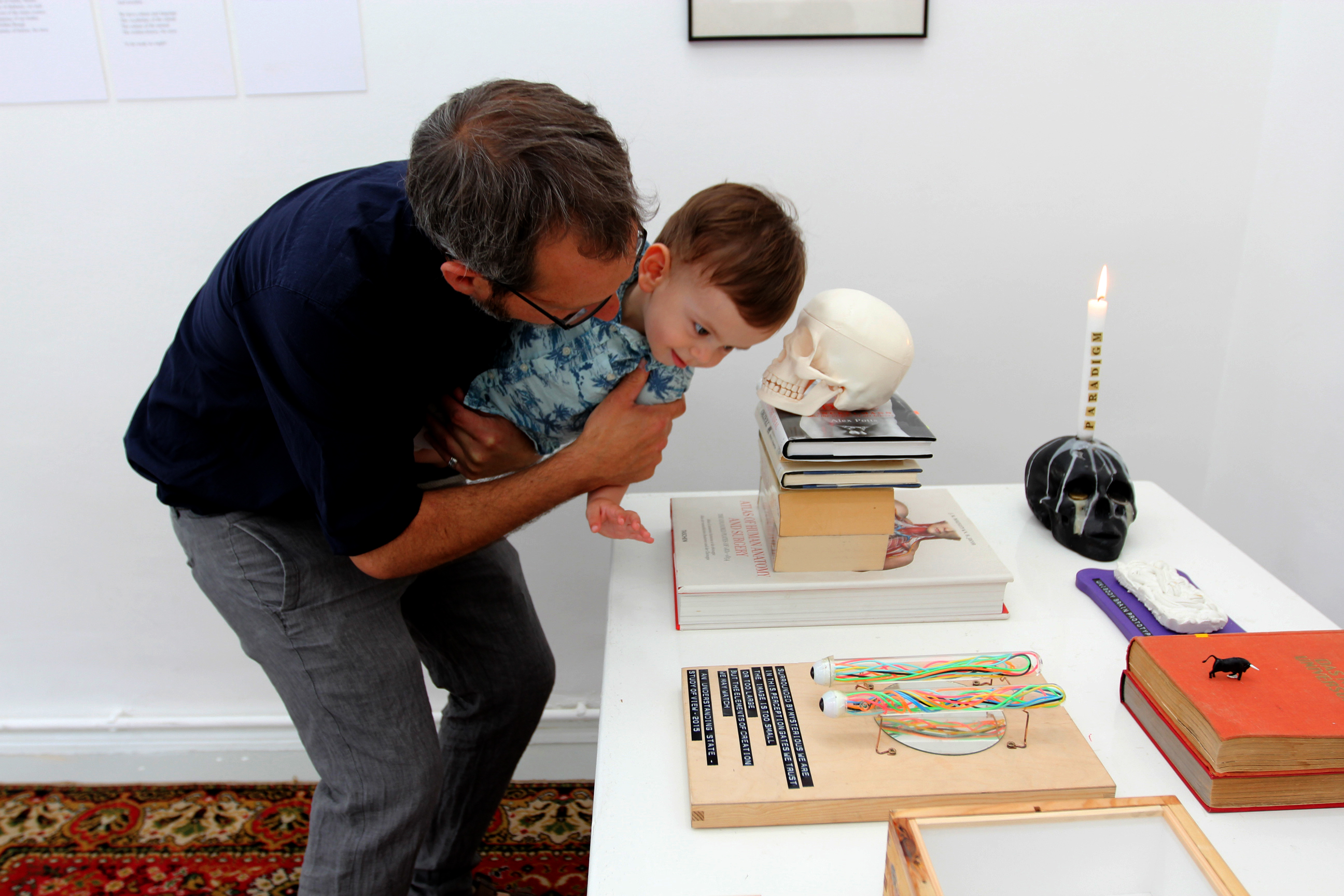
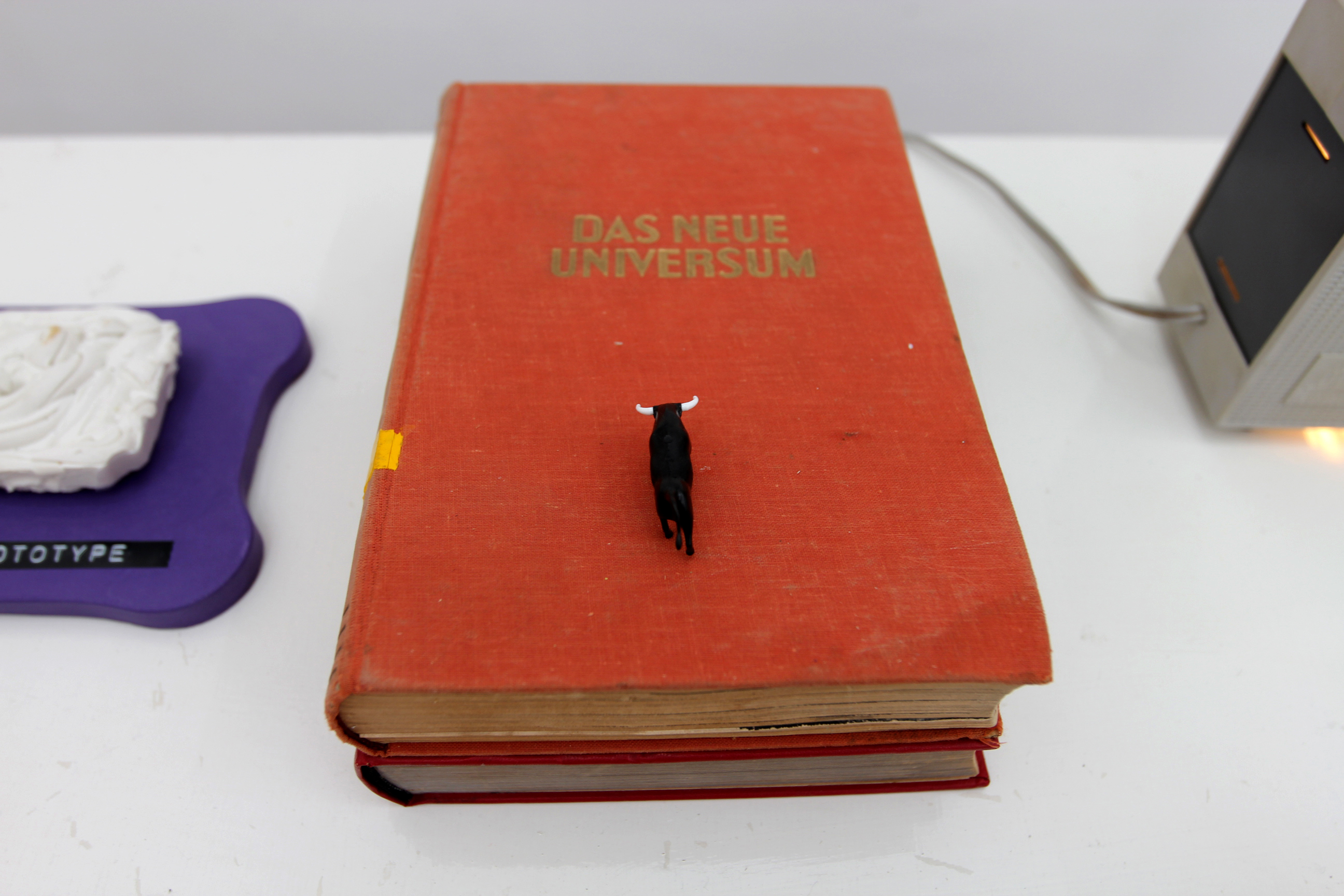
1.
We think we think
We think with ink
We think with drinkWe think we ought to
Do things we touch
Do things, we joke
To do, To do, To do
2.
We care for each other
Other each care for we
Each care for we otherAnd yet, alone we are
Till the end of days
Till the end of all graves
Till the end of every single age
3.
The ability of choosing we may exercise
But we cannot do otherwise
Another thing would be to be wise
But for that my friend, choice you must exorciseFor discerning is not a way
It is not a way at all
Discerning you will see
Is a pattern, morality, if I may say?
4.
Because we do art we assume the pattern
We make patterns and we assume the line
We draw lines, supposing the end
We accept the end so we can do art againAnd yet it remains to be proved
The concept is not always true
The feeling might be brute
And the illusion is always poor
5.
Or is it that we are, after all, image and resemblance?
Image of ourselves, inevitable assembly
Images: always in the past:
Mythology of the circular, of the spectacularFlesh and the ideal
A portrait of reality, theatre
In praise of darkness, we read
The secret of the entire cosmos
The anatomy of our bodies
The Golden Bough
The poetry of history, his story
6.
We have gods and dogs
Triangular towers crowned in stone
Over passing celestial clouds… and smog
Digging into our own soulWe are moral and mortality
But should we be the only ones?
For mortality we all have
And morality…We have culture and language
The vocabulary of the simian
The culture of the animal
The written history, his storyTo be weak we ought?
7.
We cannot prove the meaning of death
We cannot prove the meaning of life
But what can we prove?
But reality in our brainThe sequence of filing and fear
The fear of being animals
The fear of being animals again
The fear of being
What Makes Us Humans? Is an ongoing project studying the core of the human meaning. It questions the human response to reality and searches for a wider perception of our context not limiting the way we learn only from our senses. It pretends to expand the comprehension outside the human understanding. It suspects a different set of laws, if any, where beings and things are more connected between them as they are now, in our actual understanding. Although it rejects the common categorization of things, it also accepts the idea that everything is shaped by a bigger pattern, maybe even a mathematical one, where human actions are also taken as mathematical powers. Its aim is to understand the upcoming Paradigm (Thomas Kuhn) in order to understand better the human future.

